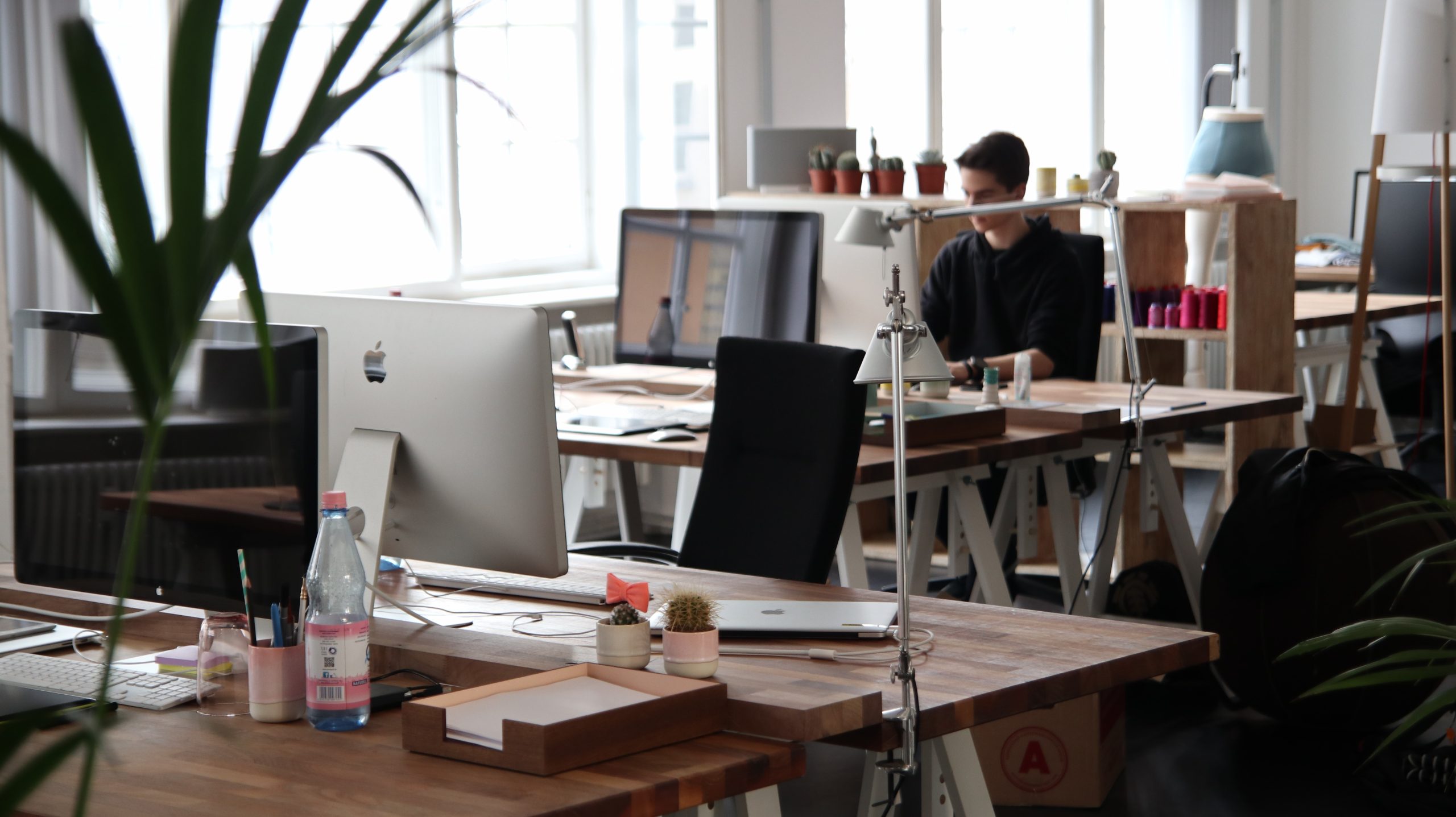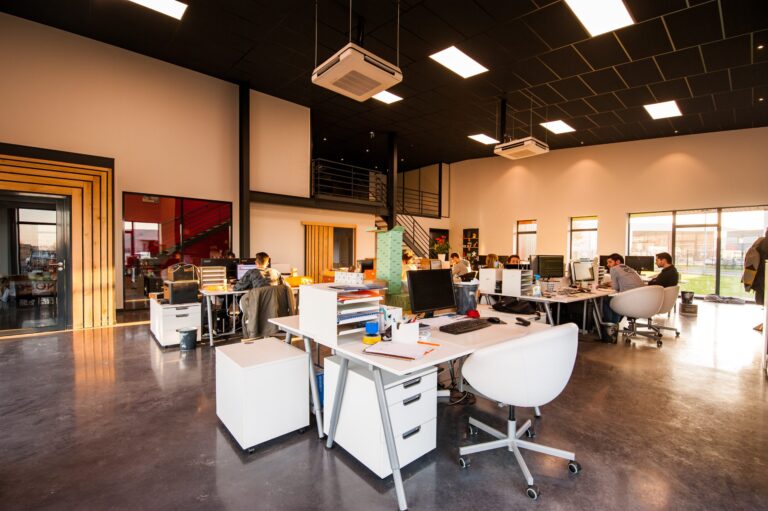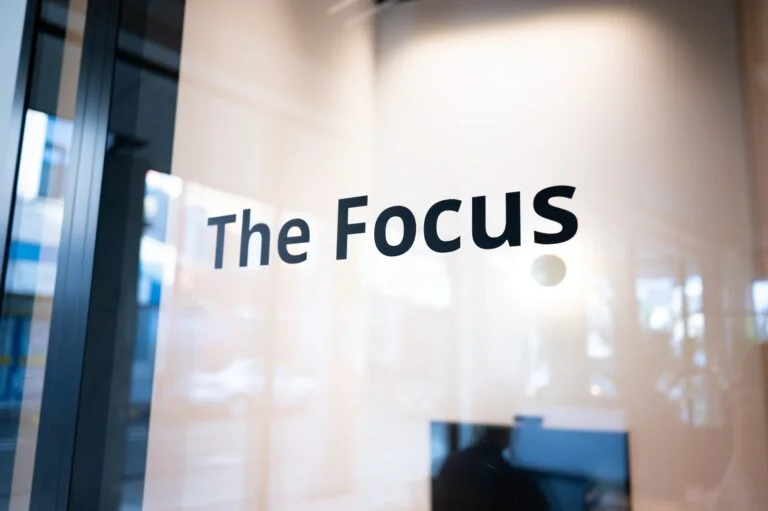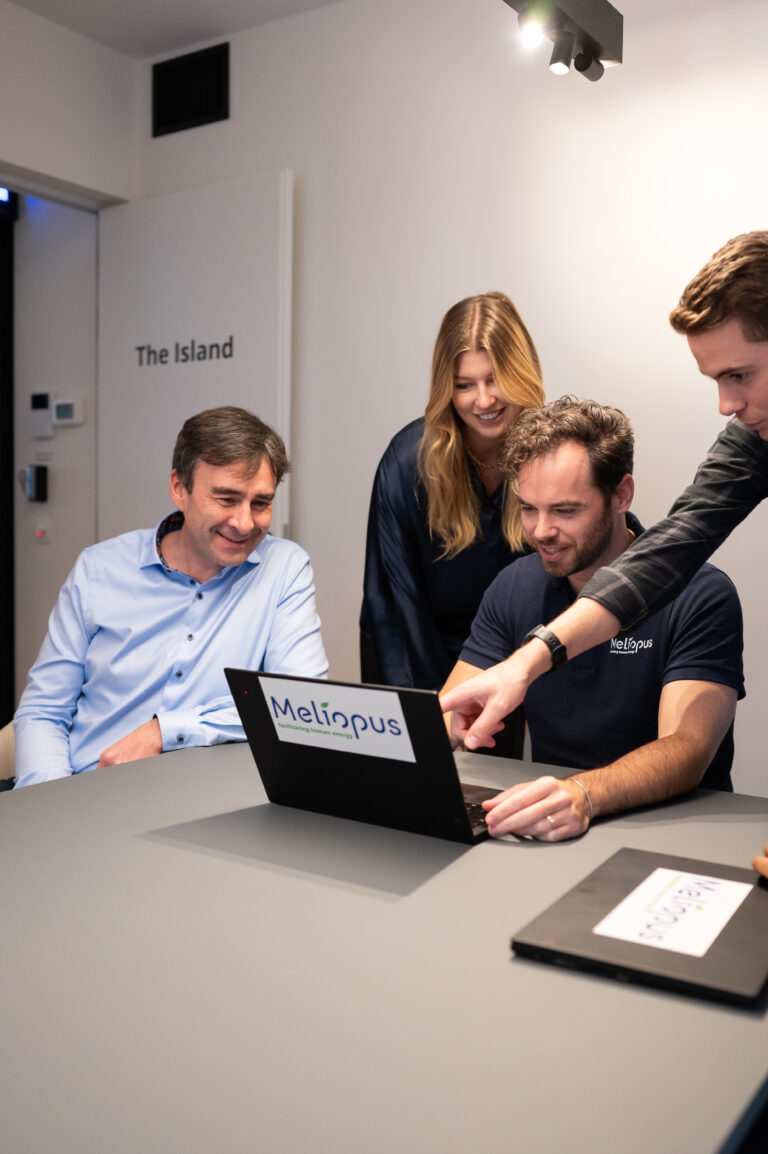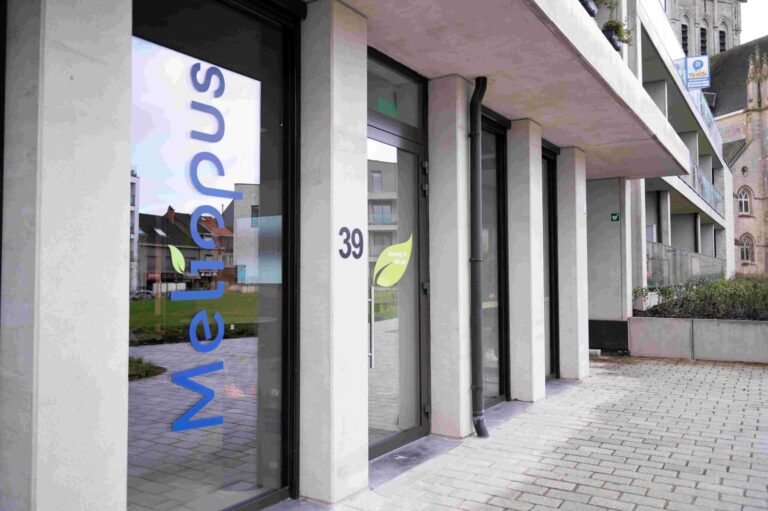A Business Case for the Office
If the past few years have taught us one thing, it’s that many of our jobs can be performed from anywhere. A good internet connection is essentially all you need to work remotely. So, is a manager who expects you to come to the office just being annoying and demanding, or are there still benefits to going to the office? Meliopus advocates for a permanent office; here’s why.
Want to skip to the quick tips and tricks? You can! Just scroll down…
(Full-time) Remote Work Is Not a Blessing for Everyone…
…and can even be experienced as a curse. Hybrid work opportunities play a significant role for many people when choosing a new job. However, the success of full-time or mostly remote work strongly depends on individual situations. If you can follow your first meeting of the day remotely in the morning, sipping a fresh espresso by the window while your children play quietly in the garden, then it’s a true blessing to be able to work from home. On the other hand, if you are a recent graduate, still live at home with siblings, and have never met your colleagues in person, it can be an isolating and difficult experience.
Headlines and magazines further report nothing but significant increases in the number of people with burnout and the need for disconnection. Not everyone copes equally well with variable work hours and the constant accessibility that the hybrid work culture brings. Therefore, it is crucial how organizations and companies communicate about shared agreements and possible activities at the office.
Transparency About Presence or Events
Because admit it, nothing is more annoying than commuting or driving through traffic to work only to find empty desks and a left-behind coffee mug. Communication tools offer a suitable solution for many companies to ensure that employees know what is happening at the office, who will be present, and which spaces they can use. Creating transparency also ensures that employees can plan their own schedules in advance, from meetings and company-related encounters to private matters. This way, the office becomes a place where productive work can happen again, instead of a nuisance.
Meaning, Engagement, and Productivity
Besides the rising trend in burnouts, terms like “quiet quitting” and “the Great Resignation” are also constantly being thrown at you in recent media. The war for talent makes it difficult for any company to find good workers, but retaining talent is also not easy for many. Employees leave their jobs or only do the bare minimum. Often not to be more at home or take it easier, but because they feel their full potential is not being utilized and that they deserve a better-equipped work environment—and they can find it too.
The key to retaining talent is creating meaningful work in a stimulating workplace. No more gray cubicles, but an attractive office that encourages activity-based working. You can do different kinds of “work” in different zones, such as a concentration zone or a loud zone where talking is allowed. Working in zones not only promotes productivity but also the comfort of your employees.
Moreover, “productivity” is no longer as simply defined as it used to be. You might be able to get more work done from home, but is this truly productive and successful? As a manager, it’s important to keep an eye on well-being, connection, and collaboration. If you often work from home without connection to your colleagues, you are, for example, less likely to help them out in a pinch when something goes wrong. Additionally, the chance that you will go the extra mile when needed is much smaller, and you are less inclined to put your employer in a positive light.
3 Conclusions That Promote the Continued Presence of the Office
Coming to work at the office should ideally be a choice and not an imposed mandate by your manager. In a suitable work environment, there are more than enough benefits for employees, from a stronger bond with your colleagues to a sense of purpose in your daily work. As a facility manager, these three tips ensure that your colleagues will continue to enjoy coming to the office:
- Don’t assume that fewer distractions will yield more results. Creating a central hub where people meet, learn from each other, and innovate together brings much more in the long run than a distraction-free, stimulus-free environment.
- Productivity and presence are not linked. How long someone sits in a chair says nothing about their productivity. Furthermore, how often someone is at the office says nothing about the results they deliver. Be transparent and communicative instead of controlling and commanding about work hours and presence.
Don’t make arbitrary rules about home and office work. Give employees the chance to make their own decisions. If they don’t come to the office, there is often a valid reason for it, which you should inquire about before pointing fingers.

